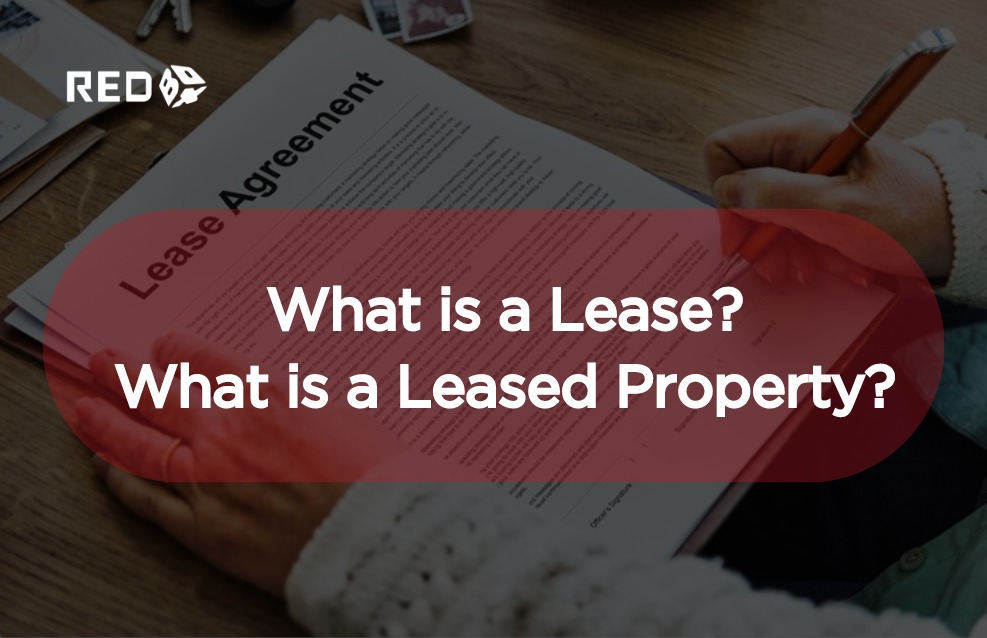What is a lease? What is a leased property?

What is a lease? What is a leased property?
Ever dreamt of living in a swanky apartment or that charming townhouse on the corner? Renting a property might be the key to unlocking those dreams! But before you dive headfirst into the world of rentals, understanding the core concepts is crucial. So, let's unpack the mysteries of leases and leased properties!
What is a Lease?
Think of a lease as a legal contract between two parties: the lessor (landlord) and the lessee (tenant). It outlines the terms and conditions under which the tenant can occupy the property owned by the landlord. This binding agreement ensures clarity and protection for both parties.
Key Components of a Lease:
Rental Period: The duration of the tenancy, typically ranging from a few months to several years.
Monthly Rent: The fixed amount of money the tenant pays the landlord to occupy the property.
Security Deposit: A refundable deposit paid upfront by the tenant to cover potential damages or unpaid rent at the end of the lease.
Responsibilities: The lease clearly outlines the responsibilities of both parties. Landlords usually handle major repairs and maintenance, while tenants are responsible for general upkeep and following house rules.
Termination Clauses: These clauses specify the conditions and notice period required for either party to terminate the lease agreement.
What is a Leased Property?
A leased property is any real estate (house, apartment, commercial space) that a tenant rents from a landlord under the terms of a lease agreement. Leased properties offer flexibility and can be a great alternative to homeownership, especially for those starting out, relocating for work, or seeking a temporary living situation.
Benefits of Leasing a Property:
Lower upfront cost: Compared to buying a property, renting requires a smaller upfront investment (security deposit).
Flexibility: Leases typically offer shorter commitments compared to mortgages, allowing for more flexibility in choosing a location or changing living arrangements.
Maintenance: Landlords are generally responsible for major repairs and maintenance, saving tenants time and money.
For More Informaction Watch Full Video: https://youtu.be/0-zI6D4P7-M
Things to Consider Before Leasing:
Lease Restrictions: Some leases might have restrictions on pets, renovations, or subletting. It's crucial to understand these limitations before signing.
Rent Increases: Leases may allow for rent increases at renewal time, so factor this into your budget planning.
Limited Ownership Rights: As a tenant, you don't own the property and cannot make permanent changes.
For More Informaction Watch Full Video: https://youtu.be/0-zI6D4P7-M
Conclusion: Renting or Owning – The Choice is Yours!
Leases and leased properties offer a valuable alternative to homeownership, particularly for those seeking flexibility, affordability, or a temporary living arrangement. Now, armed with this knowledge, you can confidently navigate the world of rental agreements.
Remember, the decision to rent or own ultimately depends on your individual circumstances and long-term goals. Weigh the pros and cons carefully, and don't hesitate to seek professional advice if needed. With the right information and planning, you can find a living situation that perfectly aligns with your needs and budget.
Happy renting (or future homeownership)!
For More Informaction Watch Full Video: youtu.be/0-zI6D4P7-M

Write Comments